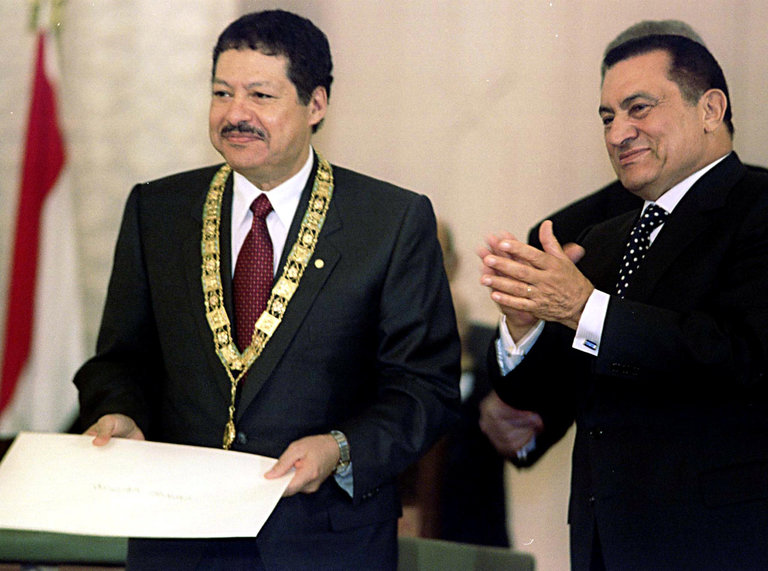The Trump Administration’s War on Science
Trump's first budget blueprint is a cramped document that sacrifices American innovation to small-bore politics, shortchanging basic scientific research across the government.
Send us a link
Trump's first budget blueprint is a cramped document that sacrifices American innovation to small-bore politics, shortchanging basic scientific research across the government.
When Dr. Fraud applied to 360 randomly selected open-access academic journals asking to be an editor, 48 accepted her and four made her editor in chief.
Researchers at Harvard Medical School said it was time to ponder a startling new prospect: synthetic embryos.
Dr. Carlo Croce was repeatedly cleared by OhioState University, which reaped millions from hisgrants. Now, he faces new whistle-blower accusations.
It is illegal to destroy government data, but agencies can make it more difficult to find by revising websites and creating other barriers to the underlying information.
A man hunched over a microscope in Spain at the turn of the 20th century was making prescient hypotheses about how the brain works. Meet Santiago Ramón y Cajal, an artist, photographer, doctor, bodybuilder, scientist, chess player and publisher.
The Trump administration has mounted a vigorous defense of its ban on travel from seven majority-Muslim nations, saying it is necessary to prevent terrorists from entering the United States. But the ban, now blocked by a federal judge, also ensnared travelers important to the well-being of many Americans: doctors.

Michael Eisen from University of California in Berkeley, California, registered the Twitter handle @SenatorPhD and declared his intention to run in the 2018 election for a seat in the United States Senate.
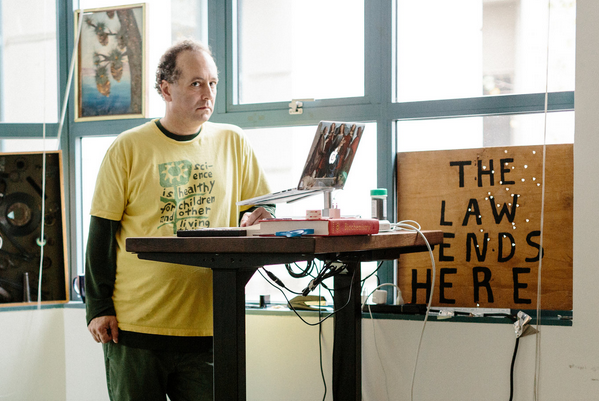
Travis Kalanick, the chief executive of Uber, in December 2014. He quit President Trump’s economic advisory council on Thursday.
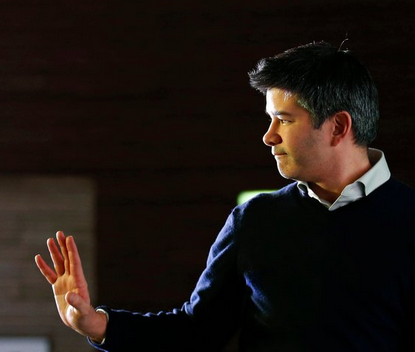
With corporate funding of research, “there’s no scientist who comes out of this unscathed.”
There's quite a paradox when it comes to our health data. Most of us still cannot readily look at it, but there’s been an epidemic of cybercriminals and thieves hacking and stealing this most personal information. By Eric Topol.
As the year ends, the Science desk of The New York Times asked its reporters to look back at the news they reported on that was the most memorable. These are their selections, with a focus on archaeology, biology, physics and space.
Mr. Beall’s website, which identifies “predatory open access scholarly publishers” that masquerade as scholarly journals, has grown to 923 publishers from 18 in 2011.
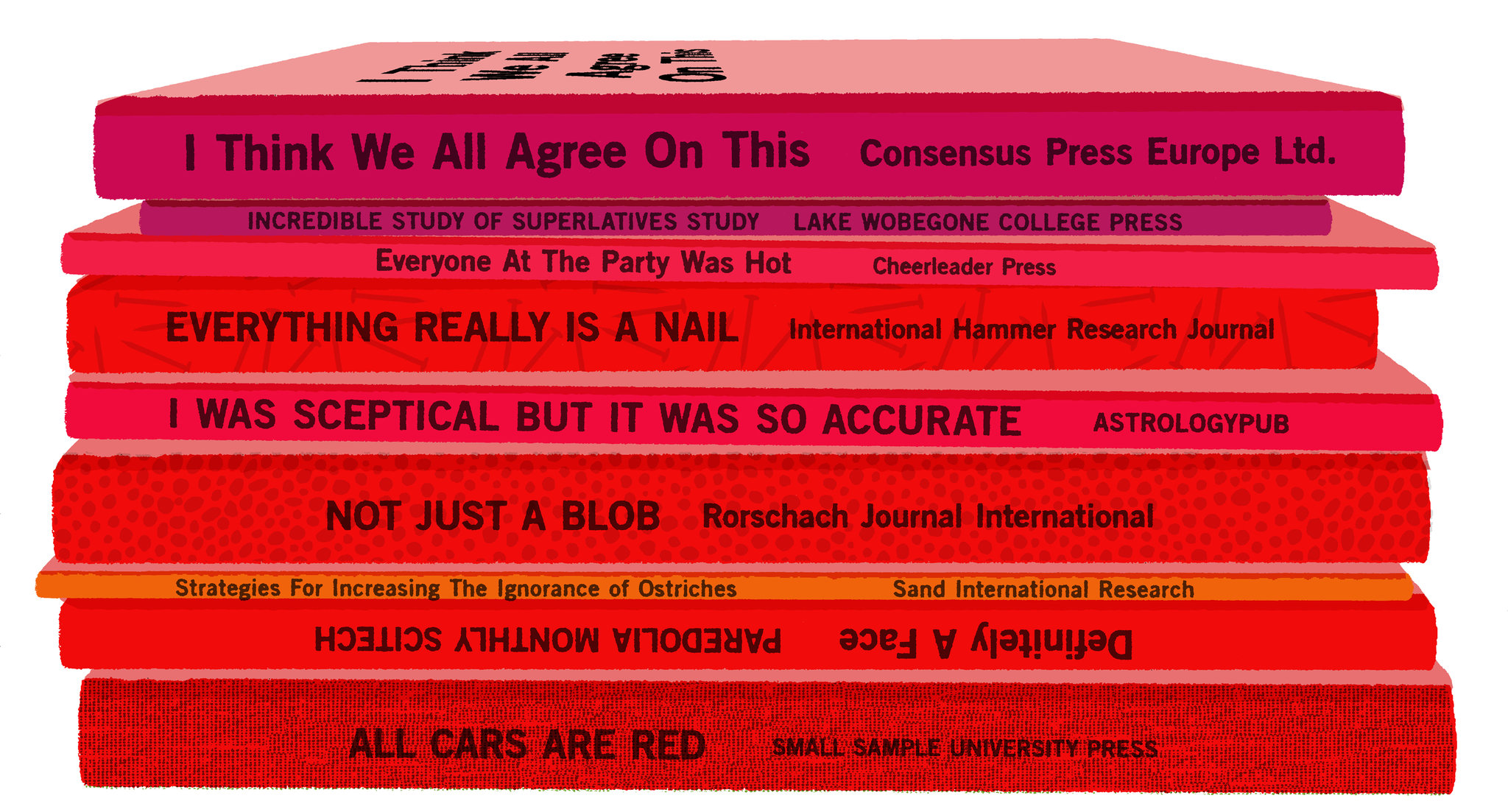
Amazon made its first commercial drone delivery on Dec. 7 in Cambridgeshire, England.
Experiments are invaluable and have, in the past, shown the consensus opinion of experts to be wrong. But those who fetishize this methodology can also impair progress toward the truth.
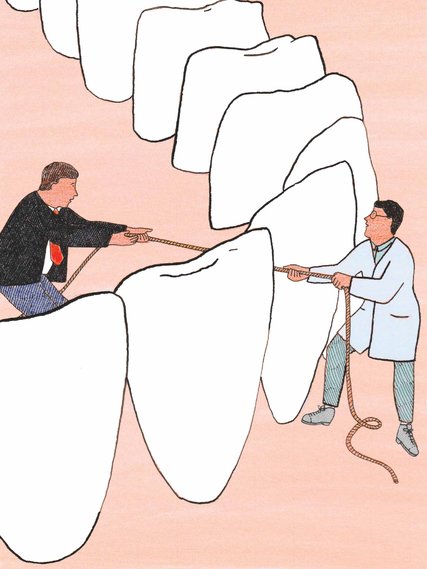
Microsoft is putting its considerable financial and engineering muscle into the experimental field of quantum computing as it works to build a machine that could tackle problems beyond the reach of today’s digital computers.
When I first heard that Bob Dylan had won the Nobel Prize in Literature, I was immediately jealous of the scientists who had won this year.
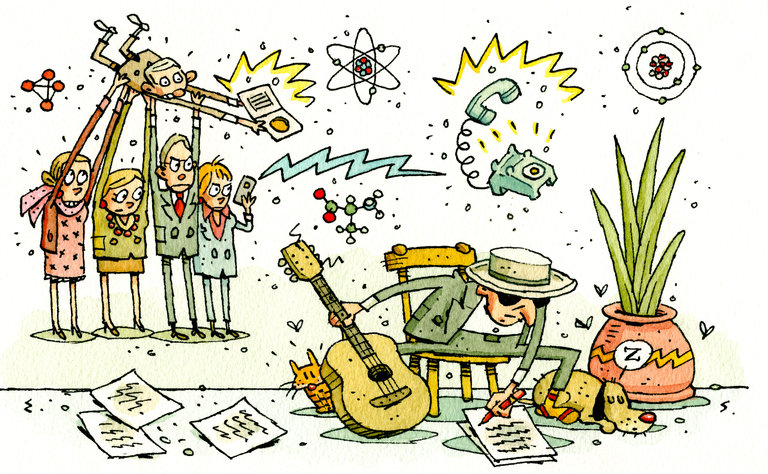
We need both neuroscience and clinical research.
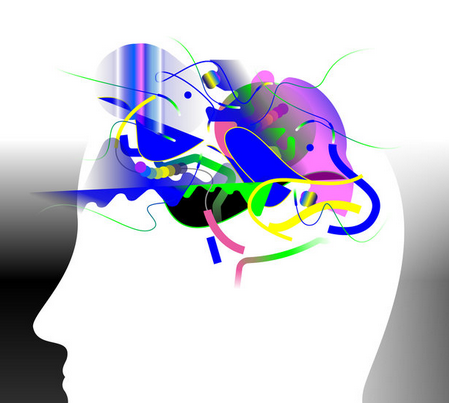
Coca-Cola and PepsiCo have given millions of dollars to nearly 100 prominent health groups in recent years, while simultaneously spending millions to defeat public health legislation.
The Lasker Awards, among the most respected prizes in medicine, will go to six researchers who made major discoveries in physiology and virology, and to a scientist who has tirelessly promoted science education.
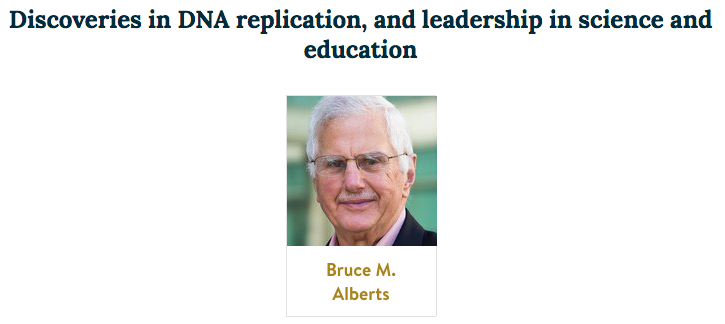
Internal sugar industry documents suggest that five decades of research into the role of nutrition and heart disease may have been largely shaped by the sugar industry.

Ask people what’s wrong in American higher education, and you’ll hear about grade inflation.
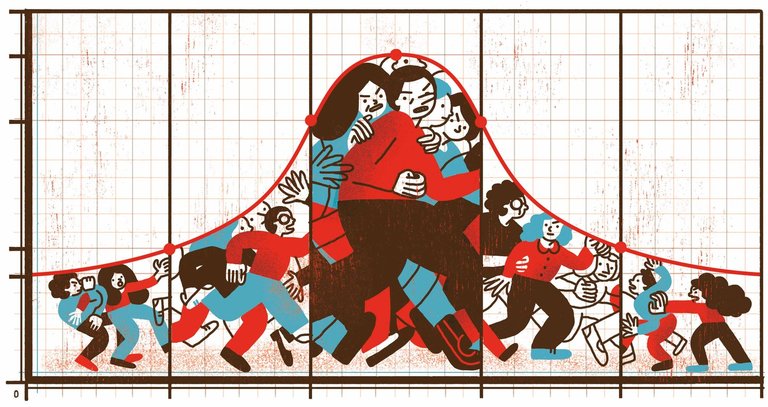
One day in August 2015, the Princeton University neuroscientist Yael Niv saw an email notice of a conference on deep brain stimulation, a hot topic in treatment for depression and other mental disorders. Dr. Niv noticed that none of the 21 scientists scheduled to speak were women.This was not the first time Dr. Niv had lamented a skewed lineup.
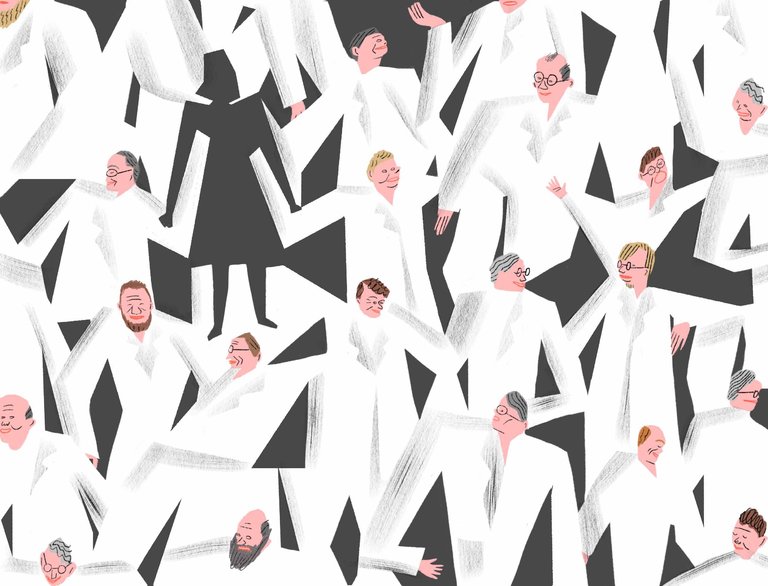
Ahmed H. Zewail, an Egyptian-American who won the Nobel Prize in Chemistry in 1999 for developing a revolutionary technique to observe the dance of molecules as they break apart and come together in chemical reactions, died on Tuesday. He was 70.
